
The EU Council adopted a General Approach on the Capacity Management Regulation of the Greening Freight Package on Tuesday, 18 June. This means that the…

The EU Council adopted a General Approach on the Capacity Management Regulation of the Greening Freight Package on Tuesday, 18 June. This means that the…
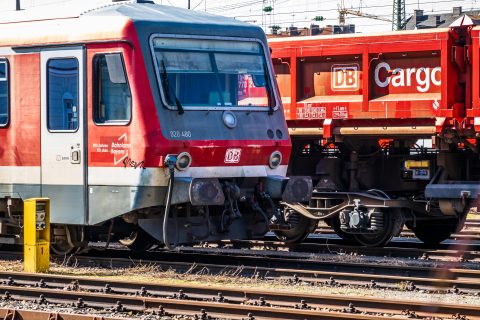
“There is no reason for the member states to act indirectly as market participants via state-owned, integrated companies”. This was stated in a joint paper…
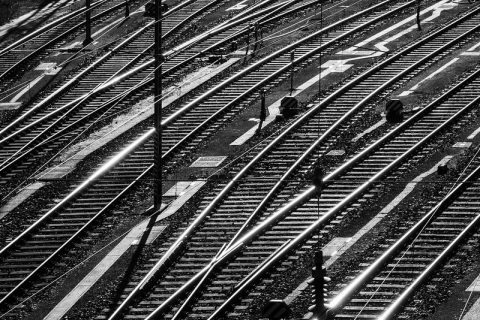
In a bid to combat the crippling impact of skyrocketing track access charges, European rail operators are calling for urgent short-term support measures. The clarion…

The EU’s Greening Freight Package is the bloc’s flagship policy package for decarbonisation in the transport sector. It looks to decrease emissions in European transport…
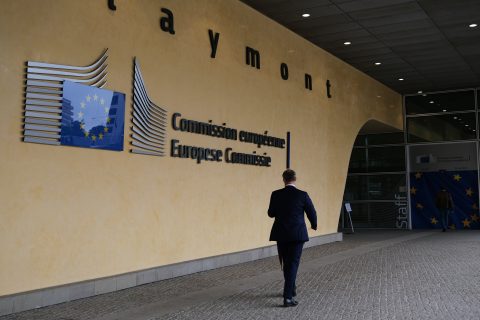
A coalition of over 40 European transport associations is calling for additional EU funding for the sector. The European Rail Freight Association (ERFA) states that…
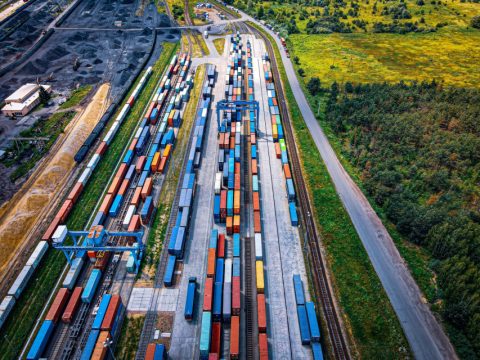
The rail freight industry is currently in a transitional period, with many geopolitical changes and a higher focus on the sector from European institutions. RailFreight.com…
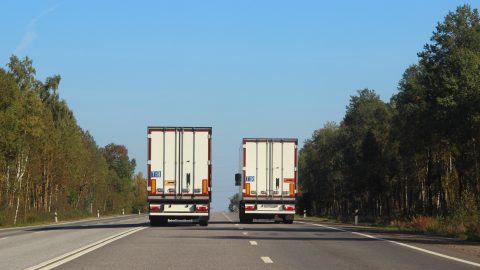
The European Commission’s proposal to amend the Weights and Dimensions Directive (WDD) concerning commercial road vehicles presents some problematic points. The railway sector is concerned…
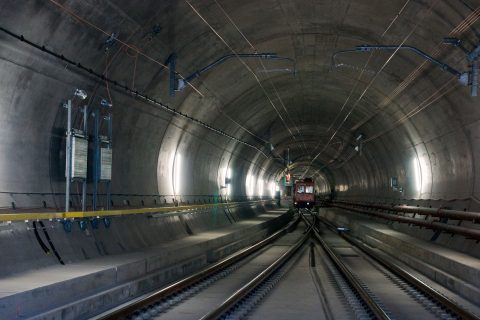
The impairment of two major Alpine passages, the Frejus and Gotthard Base Tunnels, has already caused enough trouble to operators, especially from Italy. With the…

The Regulation on the Use of Railway Infrastructure Capacity, part of the Greening Freight Package, is currently under revision. Tilly Metz, Member of the European…